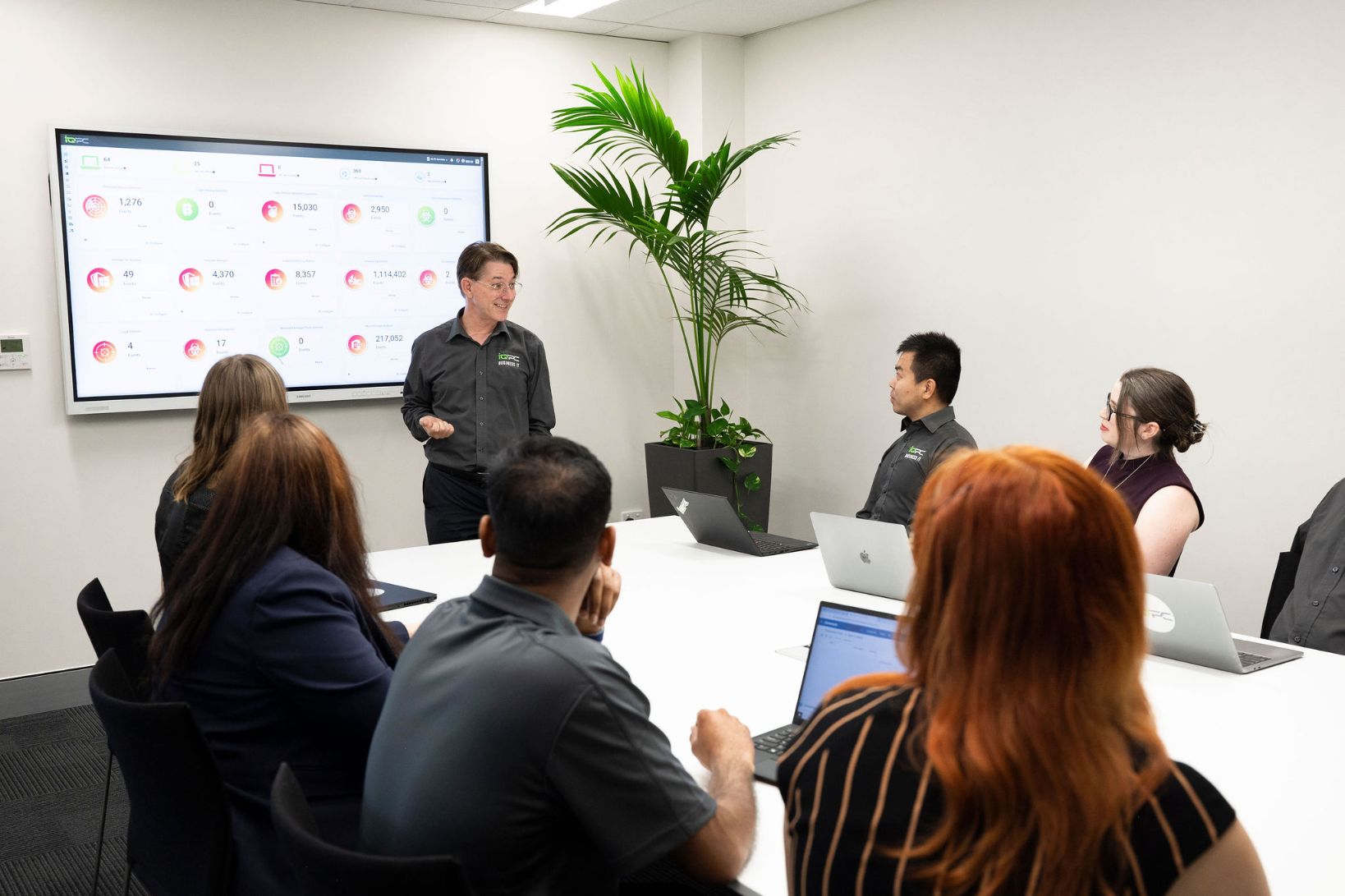If you aren’t concerned about protecting your business from online threats, you should be. Cyber Security is something every business should be thinking about in 2021. It is the most severe security threat to modern companies, and it is becoming more sophisticated by the year. Because of the rapid rise in mobile devices worldwide, companies now confront an ever-increasing variety of possible cyber risks. Businesses must actively identify and mitigate cyber risks or risk severe financial or brand harm.
Given the complexity of threats and the variety of attack routes growing all the time, what are some of the most severe cyber dangers today, and what can companies do to defend themselves against them? Keep reading to find out!
Ransomware
Ransomware is a virus that uses encryption to lock or disable an infected machine or network until its owner pays a charge. After initial infection, ransomware, like other computer viruses, tries to propagate to any shared drives or accessible computers. If victims fail to fulfil ransomware demands, the machine may become inoperable permanently. Data may be destroyed and lost entirely.
Ransomware attacks systems similar to other malware types, such as malicious emails, links, or websites. The most effective cybersecurity measure is to install and keep anti-virus software up to date on all computers. Proper cybersecurity training will also help employees learn to recognise and avoid ransomware.
Phishing
Phishing is any procedure in which someone attempts to obtain sensitive personal information. Hackers often use email to gain access, with cyber thieves sending emails including links to fake websites. These messages urge targets to submit personal information that they may use to access bank accounts or transfer their phone sim over to the attacker.
Cyber illiterate employees are a company’s greatest vulnerability to phishing schemes. Therefore, the most effective defence is to educate and train all employees on phishing scams, target companies, and detect phishing efforts. Advise employees to restrict the information they reveal about themselves online, both personally and professionally. Avoid clicking on links or downloading files unless they are sure they are coming from a reputable source.
DDoS
A Distributed Denial of Service (DDoS) attack includes overloading a website or platform with traffic to disable it. DDoS assaults, unlike ransomware or other kinds of threats, usually seek to impair system availability. However, this may rapidly result in tens of thousands, if not millions, of dollars in economic losses for big corporations. Furthermore, cybercriminals are increasingly employing DDoS assaults as a form of extortion, threatening companies with further attacks until they receive payment.
Websites should have a separate set of architecture than essential business systems to defend against DDoS assaults. Have a DDoS attack response strategy developed and tested regularly. Finally, it is critical not to reply to excessive emails.
Social Media Engineering
Hacking social media accounts may not have the same direct financial consequences as other cyber dangers, but given the significance of social media today, it may still do considerable harm. Hacked accounts may lead people or businesses to lose many hard-earned followers or irreparably harm their brands and reputations.
Educate employees on how to remain safe while using corporate or individual social media sites. Establish and maintain secure passwords to ensure that no unauthorised parties access their accounts.
Unauthorised Cryptomining
Illegal cryptomining is a relatively recent danger that entails putting malware on a device to exploit that system’s computing power to “mine” cryptocurrency. Mining is the process of verifying digital currency transactions by employing software that performs complex mathematical problems.
Unauthorised crypto mining may substantially impact a company’s computer resources and increase its energy expenses. Some cryptocurrency malware intends to use little system resources to evade detection. Companies must depend on solid cybersecurity measures to combat this danger, such as keeping antivirus/malware software and firewalls up to date.
Without question, cybersecurity is a significant danger to all contemporary companies. Threats like phishing may be very low-cost to cyber thieves, but they can cost organisations much money to prevent. Companies have little option but to devote resources and expertise to combating cyber-attack risks, or their operations and brand will suffer.
IQPC is Perth’s premier IT support business, providing cutting-edge cybersecurity and technology solutions. Our services include IT administration, consultancy, hardware and software, and various other packages designed to serve a variety of small companies. Contact us now for a free company IT assessment!



